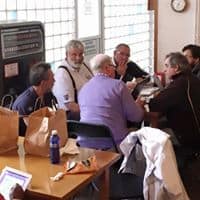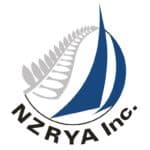1. OBJECTIVE
At the conclusion of this module, you will be familiar with all the requirements of the Race Officer in handling the completion of a race.
2. REFERENCES
For this module, you will need access to the current versions of the following references:
- Racing Rules of Sailing 2021 – 2024 (RRS)
- NZRYA Race Management Manual (NZRYA RMM)
- NZRYA Standard Notice of Race (NZRYA SNOR)
- NZRYA Standard Sailing Instructions (NZRYA SSI), and
- Heat Management System (HMS)
3. SUGGESTED READING
You should read the following and any other section to aid your understanding for this module:
- Racing Rules of Sailing
- Definitions
- Finish
- Part 5: Protests, Redress, Hearings, Misconduct and Appeals
- 60.2: A race committee may …
- 63.1: Requirements for a Hearing
- Appendix A: Scoring
- A5: Scores determined by the Race Committee
- Appendix E: Radio Sailing Racing Rules
- E1.1: Definitions
- E5: Racing with Observers and Umpires
- E6.4 Informing the Race Committee
- E6.5 Time Limits
- Definitions
- NZRYA Race Management Manual
- Race Management Policy
- 13:11 Recording Finishes
- Job Description: Race Officer
- 9: After Finish
- Job Description: Guidelines for Observers
- Race Management Policy
- NZRYA Standard Sailing Instructions
- 11: Protests and Requests for Redress
- Heat Management System
- 1.7: Protests
- 1.8: Redress
4. Race Officer Duties
The tasks that the Race Officer is required to attend to at the conclusion of a heat or race are as follows:
- Receive reports from Observers in relation to unresolved boat contacts, mark contacts or boats sailing an incorrect course.
- Communicate with skippers in relation to any unresolved contacts or incorrect course.
- Manage protest situations.
- Select a Protest Committee (if not already constituted).
- Inform scorers of any skippers retiring from the race, or the outcome of protest hearings.
5. OBSERVERS
The Racing Rules of Sailing indicate that Observers may be appointed, but in NZRYA regattas, the Sailing Instructions state that the Race Officer should appoint Observers to assist in the calling of contacts.
In multi-fleet fleet racing, skippers from another fleet may be used, if suitable personnel are not available to perform these duties. When other competitors are performing the observer’s duties they are not considered to be an Interested Party as defined in the RRS. (E1.1)
Their role is to assist the Race Officer in the calling of contacts between boats and contacts between boats and marks of the course and to note the facts of other incidents. They are not empowered to:
- Determine guilt;
- Specify rules broken; or
- Allocate penalties.
The Observers shall:
- remain within the control area while boats are racing
- not use any optical devices or aids which give them an advantage over the competitors
- call all contacts between boats
- call all mark contacts
- observe if a penalty is done for the contact
- observe and record any errors made by boats sailing the course incorrectly
- note the facts of any unresolved incidents
- report unresolved incidents to the RO at the end of the heat/race.
Observers must not call other breaches nor are they empowered to determine which boat is required to do a penalty. If a skipper questions which boat was in the wrong, the Observer is to respond by repeating the initial hail.
At the conclusion of the race, the Observers will report to the Race Officer any unresolved issues.
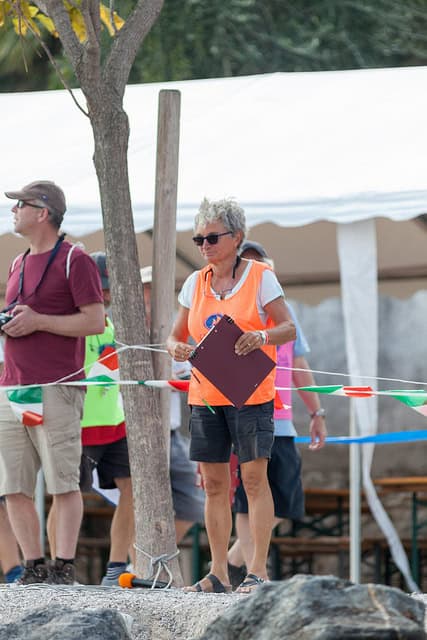
6. UNRESOLVED ISSUES OR INCORRECT COURSE
It is vitally important for the Race Officer to understand that NO PENALTY can be issued by the Race Officer which will adversely affect a competitor’s score other than issuing a “Did Not Start” or “Did Not Finish”. Any other penalty can only be issued by a Protest Committee.
Consequently, having received a report from an Observer in relation to an unresolved contact, or a boat sailing the course incorrectly, the Race Officer may protest the competitor.
As a general rule, a Race Officer should not get involved with inter-boat issues, which should be left to the skippers to resolve. The Race Officer should limit their protests to incidents that they have observed or the Observers have reported where:
- the offending boat gains an unfair advantage on a significant number of competitors;
- there is a gross infringement of the rules; or
- a contact called by the RO/Observers has not been resolved.
Since the operative word in RRS 60.2 is ‘may’ the RO is normally under no obligation to protest a boat when the competitors themselves fail to do so, even when he knows the facts that would justify a protest. A Request for Redress for failure of the RO to enforce a rule should therefore fail, as there has been no improper act or omission by him.
When observing an incident the RO should consider the following:
- Was a valid protest made at the time of the incident?
- Did the boat get well clear of the fleet before commencing its penalty turn?
- Was the penalty taken as soon as possible?
- Did the offending boat gain a significant advantage because of the breach?
- Was any boat damaged in the incident?
When a Race Officer protests a boat/s he should prefix his hail with “RO” so it will not be mistaken by a skipper as a protest from another competitor.


7. INCORRECT COURSE
A boat that has been observed not to have sailed the course, but finishes in accordance with the definition, must be recorded as finishing and assigned a position. The Race Officer must protest the boat under RRS 28 for it to be disqualified.
Before protesting, the Race Officer should approach the offending boat/boats and advise them that they have been observed to have sailed the wrong course and ask them if they wish to retire or be taken to protest. In the majority of cases the skipper will choose to retire.


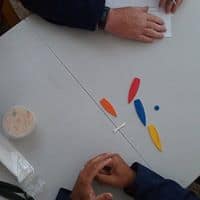
8. MANAGING PROTESTS
Further detail with regard to the process involved in managing protests will be covered in Module 10.
Ensure that competitors are aware of the availability of protest forms. The Race Officer may decide to hand these forms out personally, or maintain a location where the forms can be accessed. The Race Officer should ensure the following is available to the Protest Committee:
- a completed protest form
- a current copy of the RRS
- a copy of the event Sailing Instruction
- protest models
- a suitable area to conduct the hearing.
It is important to note the finishing time of the race on the protest form, as there are time limits specified as to how long a skipper has after the last boat finishes, to inform the Race Officer of the intention to protest and to lodge a valid protest or to request redress.
- RRS E6.4 is amended by the ARYA Sailing Instructions with the intent that: A boat intending to protest or request redress about an incident in the racing area or control area shall inform the Race Officer as soon as reasonably possible after finishing or retiring and, in fleet racing, prior to the preparatory signal for the next heat or race. (Not the start of the next heat or race as in HMS1.7(b))
- RRS E6.5 allows a competitor 10 minutes from the time the last boat finishes in the heat to physically lodge their protest form.
Every effort should be made to resolve all disputes on the water as protests take time, especially when multi-fleet racing. If the matter cannot be resolved by the competitors, the Race Officer may have to nominate an Arbitrator, if permitted by the Sailing Instructions, or form a Protest Committee under 63.1 to hear the matter.
When the Race Officer is advised that a boat intends to protest or request redress, the tasks which need to be done are:
- determine if an Arbitrator or Protest Committee is required
- issue a Protest Form
- write the time the last boat finishes and the time the RO was informed of the protest/redress on the top of the form
- determine if the protest/redress has to be heard immediately or advise those concerned of the time and place of the hearing
- select the Arbitrator/Protest Committee
- remember to advise the Scorers of the outcome of the hearing.
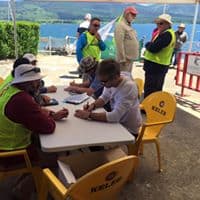
END OF MODULE 6
